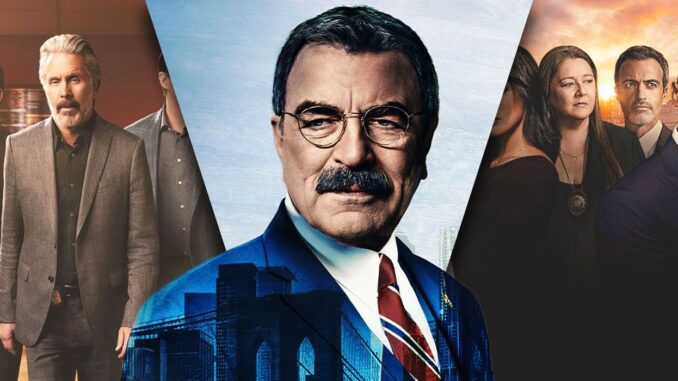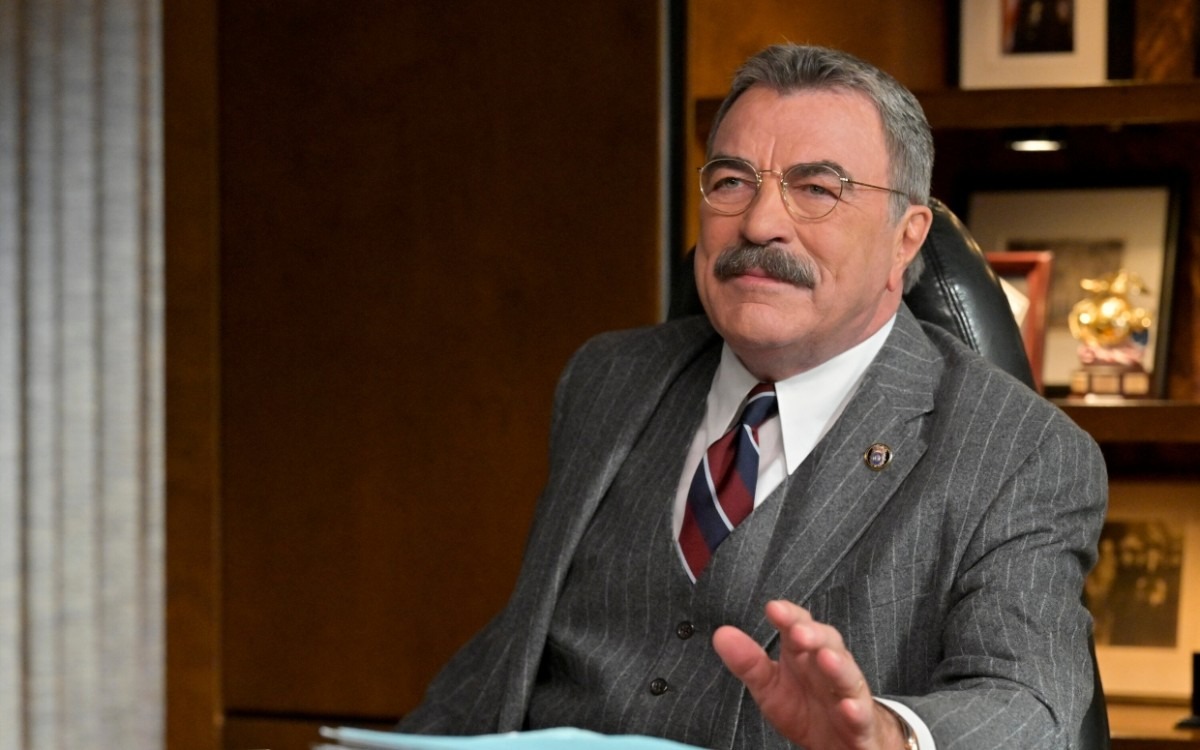
 Jack McCoy died yesterday, a couple of days after wrapping up a thirteen-city tour of his documentary Blue Horizon. Each show included lengthy post-show question-and-answer sessions with Jack McCoy and the film’s star Dave Rastovich, McCoy delivering surf culture artefacts one after the other, a legacy of him being the creator of what would become folklore. Want to know who fed Mark Foo the line “Eddie Would Go”? Jackie. Matt Warshaw knew Jack McCoy, as did most in the now-disappeared print media, but Warshaw’s historical breadth brings a deeper take on McCoy. This email exchange took place the day after McCoy’s death at 76.
Jack McCoy died yesterday, a couple of days after wrapping up a thirteen-city tour of his documentary Blue Horizon. Each show included lengthy post-show question-and-answer sessions with Jack McCoy and the film’s star Dave Rastovich, McCoy delivering surf culture artefacts one after the other, a legacy of him being the creator of what would become folklore. Want to know who fed Mark Foo the line “Eddie Would Go”? Jackie. Matt Warshaw knew Jack McCoy, as did most in the now-disappeared print media, but Warshaw’s historical breadth brings a deeper take on McCoy. This email exchange took place the day after McCoy’s death at 76.
BeachGrit: Man, I went to the Blue Horizon screening a little over a week back. Had to race home after the Q and A for what was a frivolous family matter, so didn’t get to press Jackie’s flesh, thank the big guy etc. Spoke to him a fair bit over the last couple of years. Seemed in a hurry to get his work recognized again. Now, I can understand why.
Warshaw: Jack didn’t avoid talking about his health, but didn’t lead with it. I don’t remember exactly when he told me his lungs were scarring over. Maybe ten years ago. But I very much recall him Skyping me, shirtless, always shirtless, and before getting into whatever the business of the day was he’d be saying how much better he was doing. In other words, his condition was basically getting worse the whole time, but he never didn’t say he was feeling much better than he’d been feeling recently, and then it was straight into whatever the new project was. Jack always had at least three or four irons in the fire. He was working on a documentary about Val Valentine, a long-forgotten filmmaker and character who lived on the beach at Sunset, Val’s Reef is named after him, and I suppose that’s never going to come out now, so add that to the loss column.
From a historical point of view, McCoy had a remarkable body of work, from Tubular Swells and Storm Riders through the Billabong films, Challenges etc. You describe him as a masterful filmmaker in the Encyclopedia, but he’s more than that, wouldn’t y’say. Culturally, he was a titan.
I posted a clip yesterday of Jack doing the on-camera narration and voice-over for the Quiksilver VHS doc on the ’86 Eddie. He holds the screen better than any of the surfers he interviews. Jack looked like a leaner meaner version of Tom Selleck, spoke well, amazing voice, and above all had unlimited confidence and ambition. Whatever Jack was doing, whatever the project, whatever he was focused on—he’d just tractor-beam you. He’d just pull you in. He was a force of nature. He was a huge bastard at times too, but I don’t think anybody, in any field, does that level of work, quality-wise, for as long a time as Jack did, without being a bastard. I remember Munga Barry saying something about how, if you were on a boat trip with Jack, it was half surf trip, half boot camp. He never stopped working. Shoot, re-shoot, try a new idea, try again, keep going, just non-stop. Jack would turn a surf trip into a 10-hour-a-day job, and Barry said he hated it while it was happening, then the film would come out six months later and it would all make sense.
List your favourite McCoy films, one through five, an essential primer for those who came in late.
1. Tubular Swells (1977)
Nobody my age would choose different, I’m guessing. This is an amazing and pretty much forgotten film. Jack had a really good ear, and I don’t know if it was bootlegged or legit, but the Tubular Swells soundtrack is full of tracks that us ’60s and ’70s kids will hear on our way to Heaven: Santana, T. Rex, Temptations, Wilson Pickett, Allman Brothers, on and on. Free Ride came out the same year and got way more attention, but Tubular Swells is actually more fun to watch. Narrated by Jack. too. Dick Hoole, it has to be noted, was Jack’s filmmaking partner at this time, and contributed in a huge way. But even that’s to Jack’s credit, he was fantastic at finding the best people to work with, that was as much a career hallmark in fact as the gorgeous slow-motion water footage he was famous for.
2. Blue Horizon (2004)
If Jack really did know he was heading for the door, and picked this film as his outro, that makes a lot of sense. He was at his peak as a filmmaker in the early 2000s, and of course neither Andy Irons or Kelly Slater have faded from memory. In other words, if Jack had screened Tubular Swells last month, he’d be doing an oldies set. Blue Horizon came out in 2004 but looks and feels contemporary. Jack was 76 and in a wheelchair when he came onstage after each screening last month, but he looked and sounded contemporary.
3. A Day in the Life of Wayne Lynch (1978)
The first great short surf film, just 15 minutes long, opens with Wayne in Sydney competing in the ’78 Surfabout, interviewed on the beach there wearing a competitor’s tee-shirt, even. Lynch finished runner-up that year to Larry Blair, but you can see he’s basically on a business trip there at Narrabeen. He can’t wait to leave. Next thing, Jack takes up straight up the coast to Victoria, and everything about Wayne’s life is so different from the pro tour hustle. Wayne was Rasta 30 years before Rasta—except being “soul” was not in itself a career choice, it was just was and still is Wayne’s life.
4. Bunyip Dreaming (1991)
Jack and Billabong had a long-running and I think wildly beneficial to all partnership. Everybody came out ahead on this deal. I don’t know how many promos and shorts and whatnot Jack did with Billabong; maybe 10 or 12? Bunyip Dreaming is my favorite, but they’re all great. The main thing here is that Jack gave us an alternative to Taylor Steele and all the other pixelated Momentum-type shot-on-digital fast and dirty videos. Jack and Sonny Miller together delivered us from that. Thank god for both of them, both gone.
5. Billabong Challenge (1995)
The first one, at Gnaraloo. I remember thinking the waves looked terrifying, with all the steps and gurgles, but the invited Challenge surfers just ripped. Shooting that place from the water, like Jack did, would have been a Herculean task. But the whole thing was. The organization and planning that went into that first Challenge contest was nuts, way out there in the middle of nowhere, and it could have gone so bad. Instead the thing was an absolute home run, amazing performances, amazing capture by McCoy and his team, and to this day an example of how to run a great contest—small field, be nimble, let the surfers be themselves on camera instead of pull-my-string talking dolls. You’d know his background, McCoy’s lineage was about surf as surf comes. LA, Hawaii, Australia.
Not long after my son was born, I was talking to Jack and said, like I’d been saying to anybody within earshot, that Teddy was weight just over 10 pounds at birth. Jack laughed and said he was 12 pounds. No reason to think he was bullshitting. So in terms of his background, Jack always had something like that he’d throw into the conversation, without fail, some detail or story or sidebar thing that you’d never heard before. Jack Shipley once told me he loved Wayne Bartholomew because he “made the whole show bigger.” McCoy did that too. He’d been everywhere, knew everybody, seen more than any of us, and he just loved doling out these bits and pieces, he was bottomless in that regard. And like you say, he was at home anywhere, California, Hawaii, Australia, Indo.
Will McCoy be remembered, cherished, beyond friends and family?
Bud Browne, Bruce Brown, Alby Falzon, Bill Delaney, Jack McCoy, Greg MacGillivray. The first six lifetime achievement awards for surf cinema go to those guys, whatever order you want to put them in. Except you’d have to point out that Jack stayed in the game longer than anybody, and literally and figuratively covered the most ground. And looked like Magnum PI while doing it.
